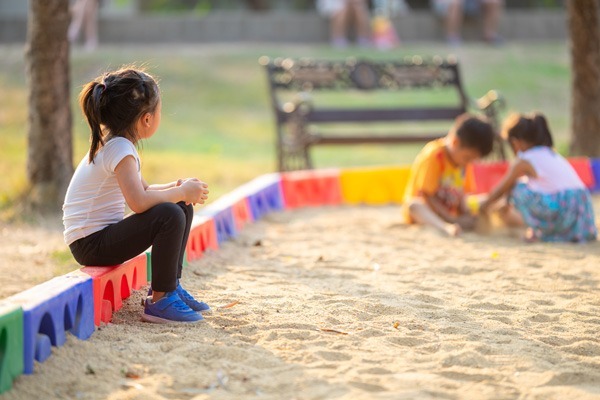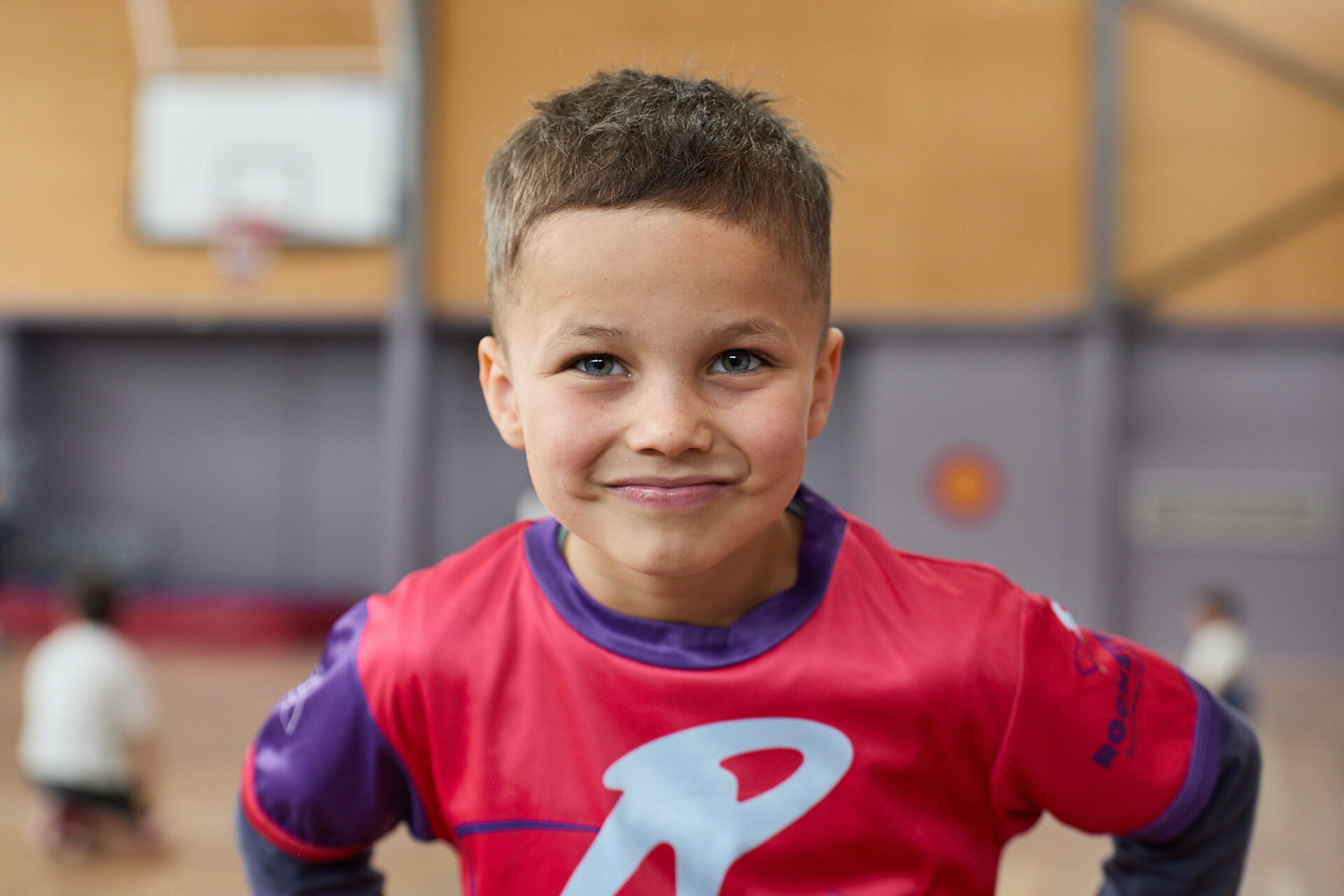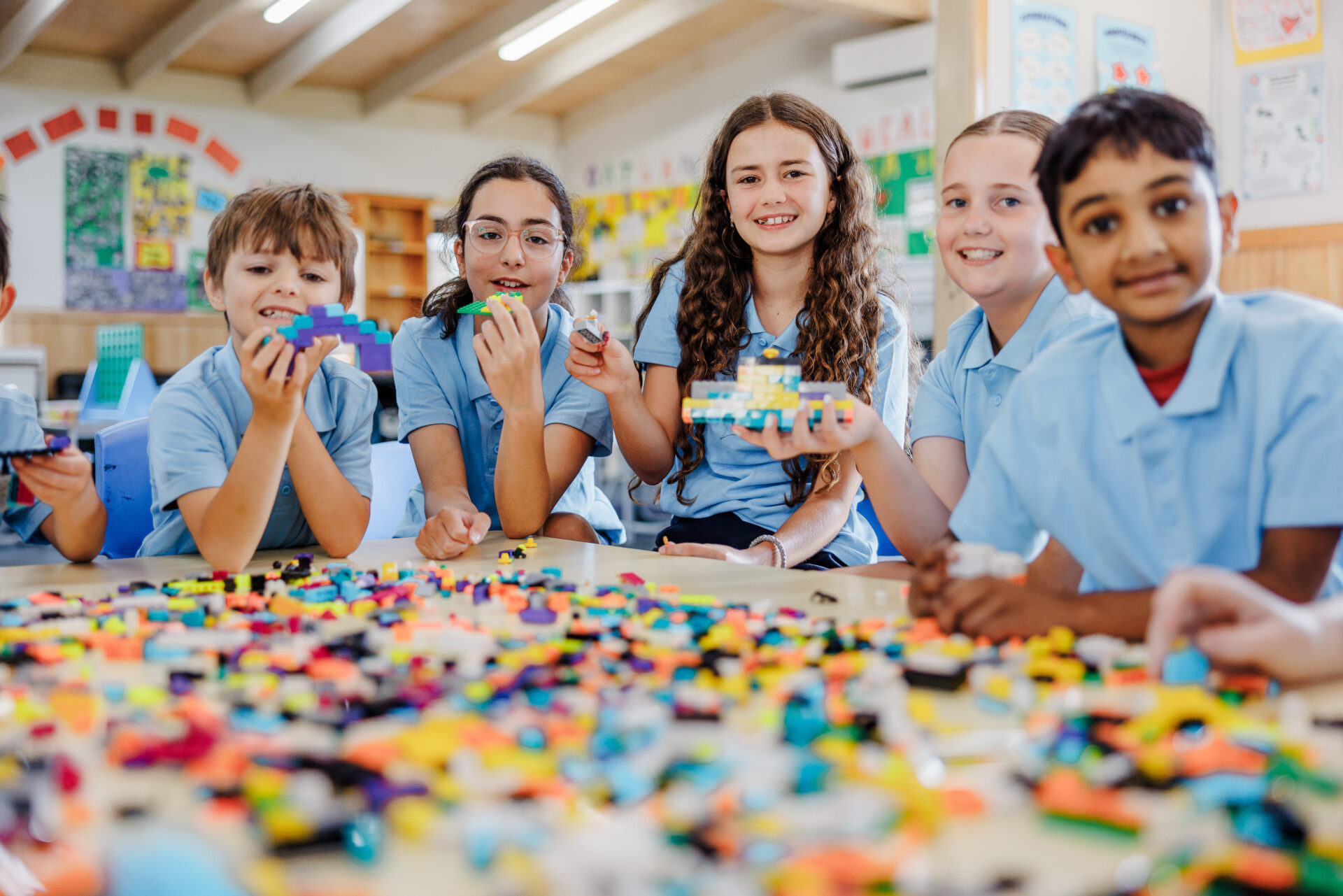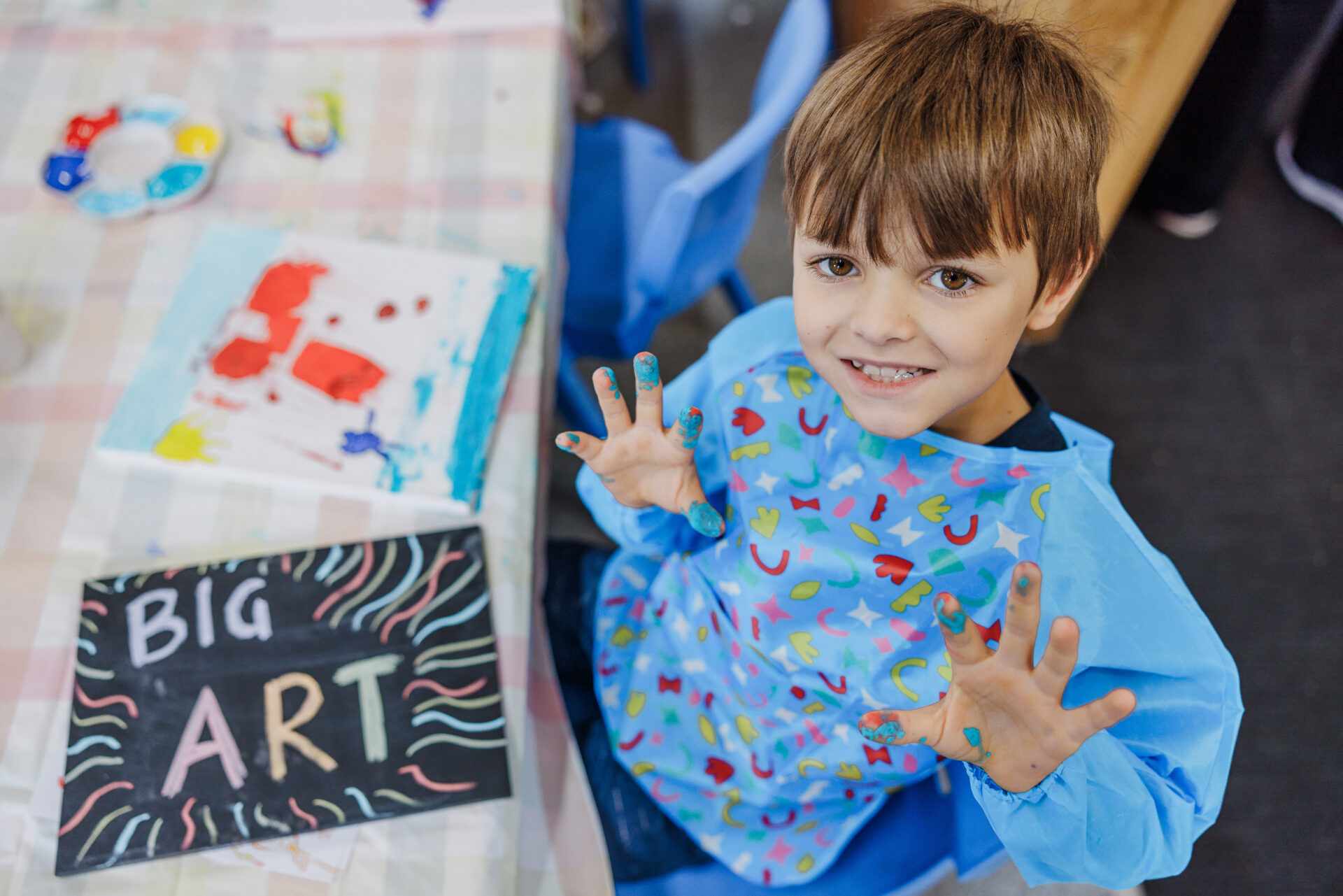Article written by Dr Kaylene Henderson for Camp Australia
Much is said about anxiety these days, but rarely are we reminded that anxiety is, in fact, a universal human experience; a normal, helpful emotion, just like excitement or sadness, but with its own bonus ‘design features’ built in to keep us safe.
You see, when we sense danger, our mind sharpens to focus solely on the situation at hand and our body helpfully spurs into action. We start breathing more rapidly so that we can take in more oxygen. Our heart beats more quickly so that it can deliver this oxygen to our muscles, readying us to flee or to engage in battle. We are so lucky to have an inbuilt emotion that can alert us to danger, trigger a range of helpful physiological responses and ensure our survival, all without us even having to think about it!
Of course, for a growing number of children, the level of anxiety they experience might not always be the right match for the situation at hand. Maybe your child’s anxiety seems ever-present, even when there’s no danger to be found. Or perhaps it floods in too intensely and frequently overwhelms them.
The thing is, when any of us feel anxious, we are SUPPOSED to feel like we’re in danger – that’s one of its clever design features – so that we can ready ourselves to fight, freeze or flee our way to safety. But if we never teach our kids that anxiety is safe, helpful and on our side, then it will remain unfamiliar; and will feel (as it should), frightening and dangerous. And guess what happens when our children experience something that feels unfamiliar and dangerous? Yep, they become MORE anxious. And on it goes. Layer after layer of needlessly escalating anxiety gets added into the mix.
Oddly though, despite knowing all of this, children are rarely taught about anxiety. In fact, anxiety is often the one emotion we tend to leave out when we teach our young children about their feelings. We might describe happiness, sadness, anger and disappointment, but never anxiety. Surely the best way to prevent that awful layering of anxiety that happens when kids become anxious about feeling anxious, would be to ensure this always-safe and often-helpful feeling is known and familiar to all?
Of course for some children, things are more complicated, and they still will need extra support from specialists like me. But we shouldn’t hold off on teaching them about anxiety until then. All children benefit from learning about anxiety as early as possible, along with tips for controlling it and an understanding of when to ask for help.
So who is best placed to teach children about anxiety? Unsurprisingly, it’s the very same people who are best placed to teach kids about countless other important things in life;
It’s parents and teachers.
It’s you.
You are perfectly placed to teach your children what anxiety is, why it’s helpful and that, in spite of how it feels, it’s a safe, cleverly-wired emotion that needn’t stop them from doing things they love or want to do in life.
Normalise anxiety by recounting stories of when your anxiety kept you safe; or of one of those many times when you felt anxious in the absence of real danger and chose to press on regardless. Just by talking about it, we can each play our part in building that all-important familiarity, benefiting every one of our children as we do.
The tricky part of course, is that most of us weren’t taught about anxiety when we were younger; This is where I can come in to help if you need, teaching you what to do and what to say so that you can confidently start to guide your child towards greater calmness, confidence and courage.
There will always be a place for mental health professionals, but collectively, we could reduce anxiety’s impact on an entire generation of children if parents and teachers simply learned how to talk about it. At the end of the day, no-one is better placed to teach your children than you.
You are their first and most important teachers of all.
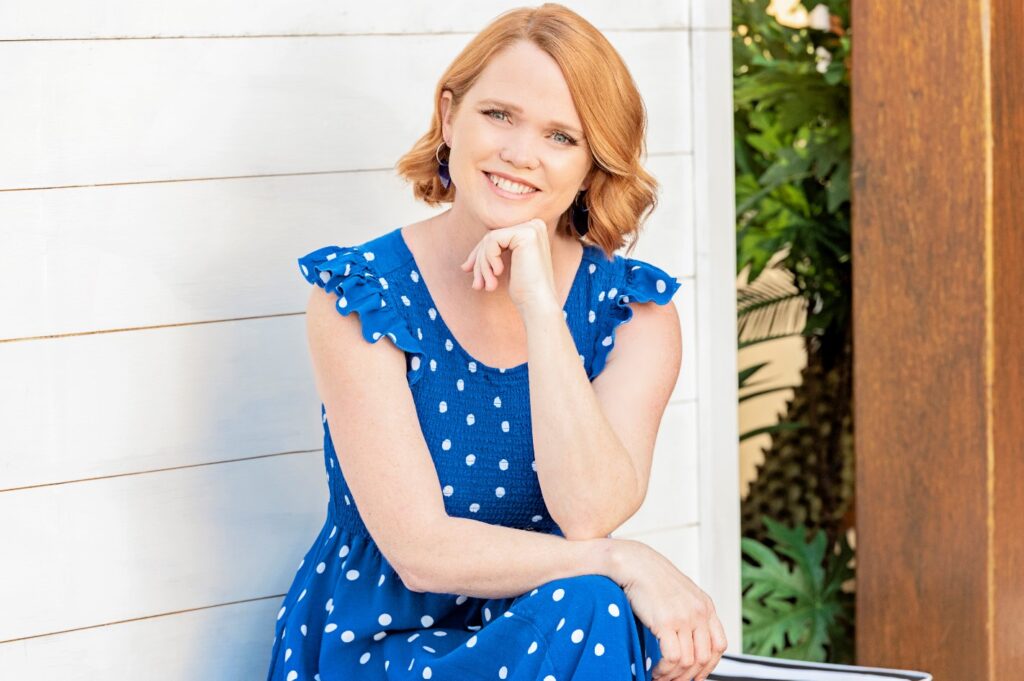
Thank You for Joining Us!
Our free webinar, “Enhancing Your Child’s Social and Emotional Wellbeing” has now concluded. For helpful resources and key takeaways from the webinar click here.
Dr Kaylene Henderson is a highly experienced and trusted Child Psychiatrist who has dedicated her career to helping all who live, love and work with our 0-12’s. Often praised for the warm and relatable way in which she translates research into practical tips, Dr Kaylene has long been one of Australia’s leading parenting experts as well as a highly regarded training provider for primary teachers and early years educators. Her 6-week online ‘Courage Coaching’ course for parents of anxious children is packed with ‘doable’ everyday tips, so that you can quickly guide your children towards greater calmness, confidence and courage: www.couragecoachingonline.com
Camp Australia is delighted to partner with trusted Child Psychiatrist Dr Kaylene Henderson to offer a special 10% discount to her acclaimed online ‘Courage Coaching’ course to Camp Australia families. Details will be emailed to families.


